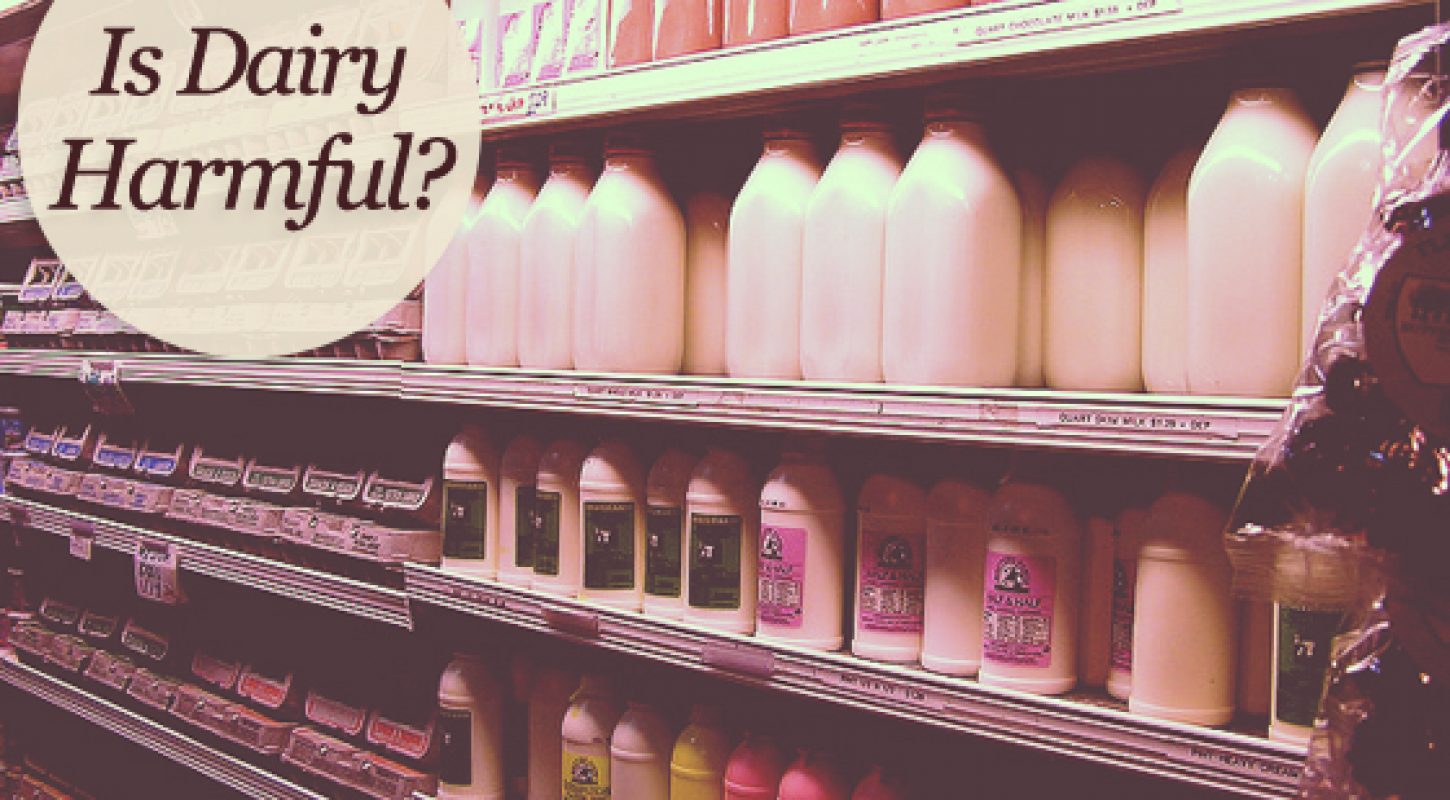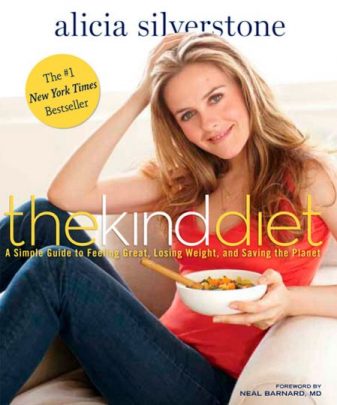I’m very happy to introduce today’s guest blogger, PCRM’s president Dr. Neal Barnard. Below, he reminds us why we avoid milk, and gives some great talking points to keep in mind. Enjoy!
Cow’s Milk is Unnecessary and Even Harmful
By Neal Barnard, M.D.
Got milk? For decades, dairy industry advertisements have convinced Americans that cow’s milk is an appropriate—and even essential—food for humans. Americans have been led to believe that cow’s milk is necessary for healthy, strong bones. As it turns out, dairy products may have the opposite effect.
A new study published in the British Medical Journal found that people who consumed the highest amounts of calcium did not have a reduction in bone fractures or osteoporosis. In fact, those who consumed the most calcium (more than 1,137 milligrams per day) had higher rates of hip fractures and similar rates of osteoporosis, compared with those who consumed less. Researchers looked at more than 60,000 Swedish women over 19 years and concluded no significant benefit to consuming more than 700 milligrams of calcium per day for bone health.
Despite growing scientific evidence that dairy products are not necessary and that they may even be harmful, the federal government continues to recommend that we consume them. The U.S. Department of Agriculture just released its new food guide icon, MyPlate, to replace the food pyramid. The new plate image, which recommends increased fruit and vegetable consumption, still reserves a special place for dairy products. The government also continues to channel millions of taxpayer dollars to dairy producers each year through indirect and direct subsidies.
Just as the dairy industry has spent a fortune on ads convincing Americans that milk moustaches are stylish and that milk is nutritious, dairy lobbyists have convinced government officials to keep dairy products in schools and dietary guidelines.
The reality is that there is no reason for humans to consume cow’s milk—and there are many reasons to avoid it. Dairy products are packed with fat and cholesterol and may increase the risk of health problems ranging from asthma to some types of cancer. An elevated risk of prostate cancer incidence and mortality has been associated with dairy consumption and the same may be true for ovarian cancer.
Calcium is a necessary nutrient, but we can easily get enough from plant foods. The most healthful sources are green leafy vegetables and legumes, or “greens and beans.” And instead of harming our health like cow’s milk, these plant foods boost our immune systems and help us avoid chronic illnesses. Just think how much healthier our nation would be if everyone traded their milkshakes for green smoothies!
***
Thank you, Dr. Barnard! I recommend keeping this blog on file so you can refer to it when your non-veg friends ask why milk is unhealthy.
What other health and nutrition questions do you have?
Post them in the comments below, and I may answer them in a future blog.

About Dr. Neal Barnard: Clinical researcher and author Neal Barnard, M.D., is one of America’s leading advocates for health, nutrition,and higher standards in research. As the principal investigator of several human clinical researchtrials, whose results are published in peer-reviewed medical and scientific journals, Dr. Barnard has examined key issues in health and nutrition. Neal Barnard is the founder and president of the Physicians Committee for Responsible Medicine (PCRM). For more about Dr. Neal Barnard, visit his website nealbarnard.org




